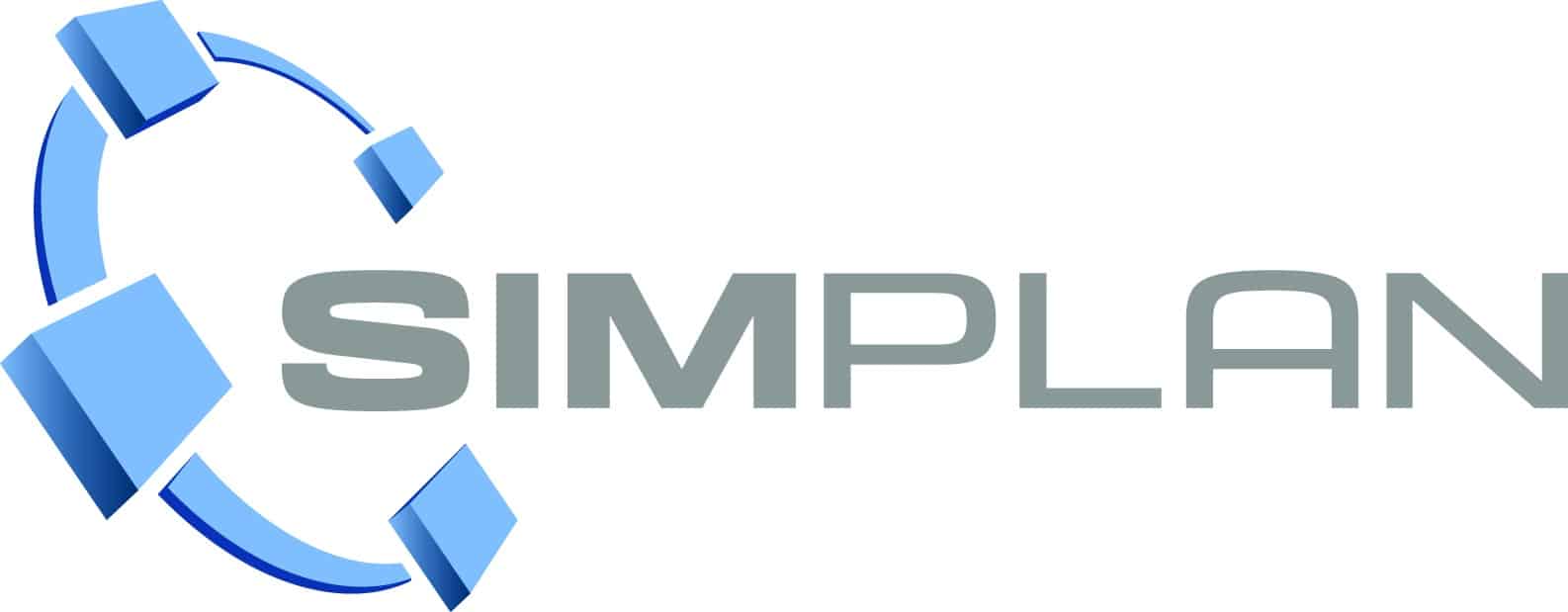In order to design production processes and supply chains efficiently, planners rely on value stream modelling with digital tools.
These are used to model production processes as a graph with production, transport and storage steps. In the VaStNet (Value Stream Optimisation Networks) research project, SimPlan AG, SIEBEN Consulting-Training-System GmbH and RheinMain University of Applied Sciences (HSRM) are jointly investigating how users can use the VaStNet assistant to model and optimise correct value streams more easily in the future with the help of AI and neural networks. The aim is to make production and supply chains more flexible, especially in times of skills shortages, supply bottlenecks and fluctuating raw material prices. This will contribute to the competitiveness and sustainability of companies. The two-year project is being funded by the Federal Ministry of Education and Research (BMBF) with 237,358.80 euros.
By simulating value streams in production processes and supply chains, planners can use digital tools to evaluate efficiency, analyse alternatives and plan resources. In practice, these value streams can comprise several hundred nodes with annotations, such as comments on the products produced and runtimes. “The correct creation of a value stream is similar to the creation of software: users often make errors that are difficult to localise and correct based on the behaviour of the value stream. As a result, digital value stream modelling is still predominantly the preserve of simulation specialists,” says Prof. Dr Sven Spieckermann, CEO of SimPlan AG.
AI assistant for process planners
This is precisely where the VaStNet project comes in: “Our goal is to support users in modelling correct value streams with the help of AI. To this end, learning processes are to be developed that support value stream experts as digital assistants. VaStNet identifies errors in the value stream and makes suggestions for converting a digitally documented but error-prone value stream into a correct value stream that can be simulated. To achieve this, VaStNet formulates a machine learning problem similar to language modelling in text AIs: given correct value streams are changed and the model is now trained to predict the changes based on the context,” explains Prof. Dr Dirk Krechel, who is leading the project at HSRM together with Prof. Dr Adrian Ulges from the Department of Design Informatics Media.
Innovation and prospects
The VaStNet research project builds on successful preliminary work by project partners SimPlan and RheinMain University of Applied Sciences, in which AI methods for the interactive repair of value streams were used for the first time worldwide. This work is now being expanded to include new innovations on three levels: the adaptation level (where the AI is customisable to the specific value streams of a customer), the modelling level (where a deep learning model is used) and the simulation level (where the model takes into account the simulation results of the value stream for its recommendations).
“The smart VaStNet assistant is intended to make value stream simulation more accessible and open it up to a much larger customer base. Especially in times of skills shortages, supply bottlenecks and fluctuating raw material prices, the aim is to contribute to making production and supply chains more flexible in order to make industrial processes more competitive and sustainable,” says Martin Dahinten, owner of SIEBEN Consulting-Training-System GmbH, which is acting as a transfer partner in the project.




